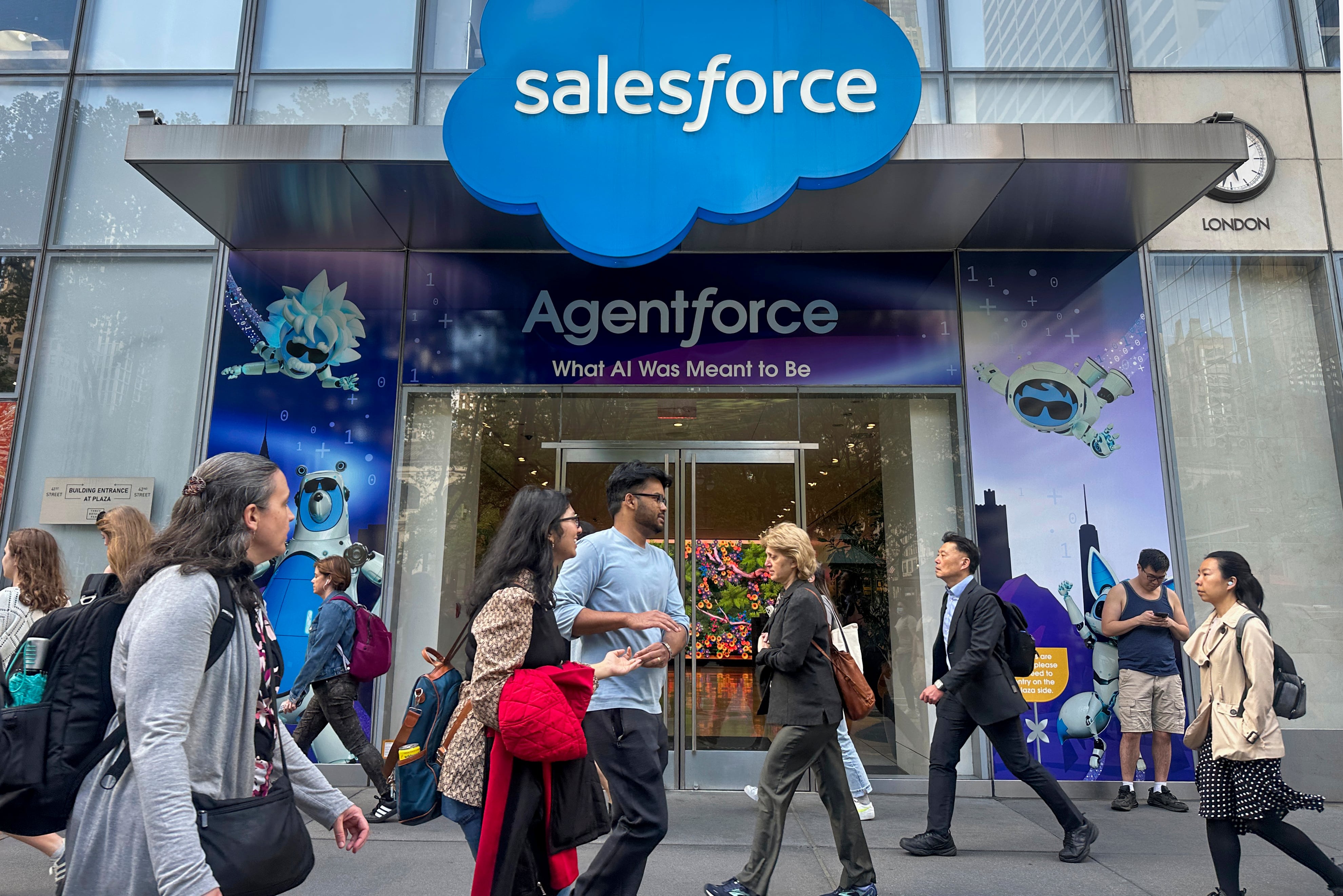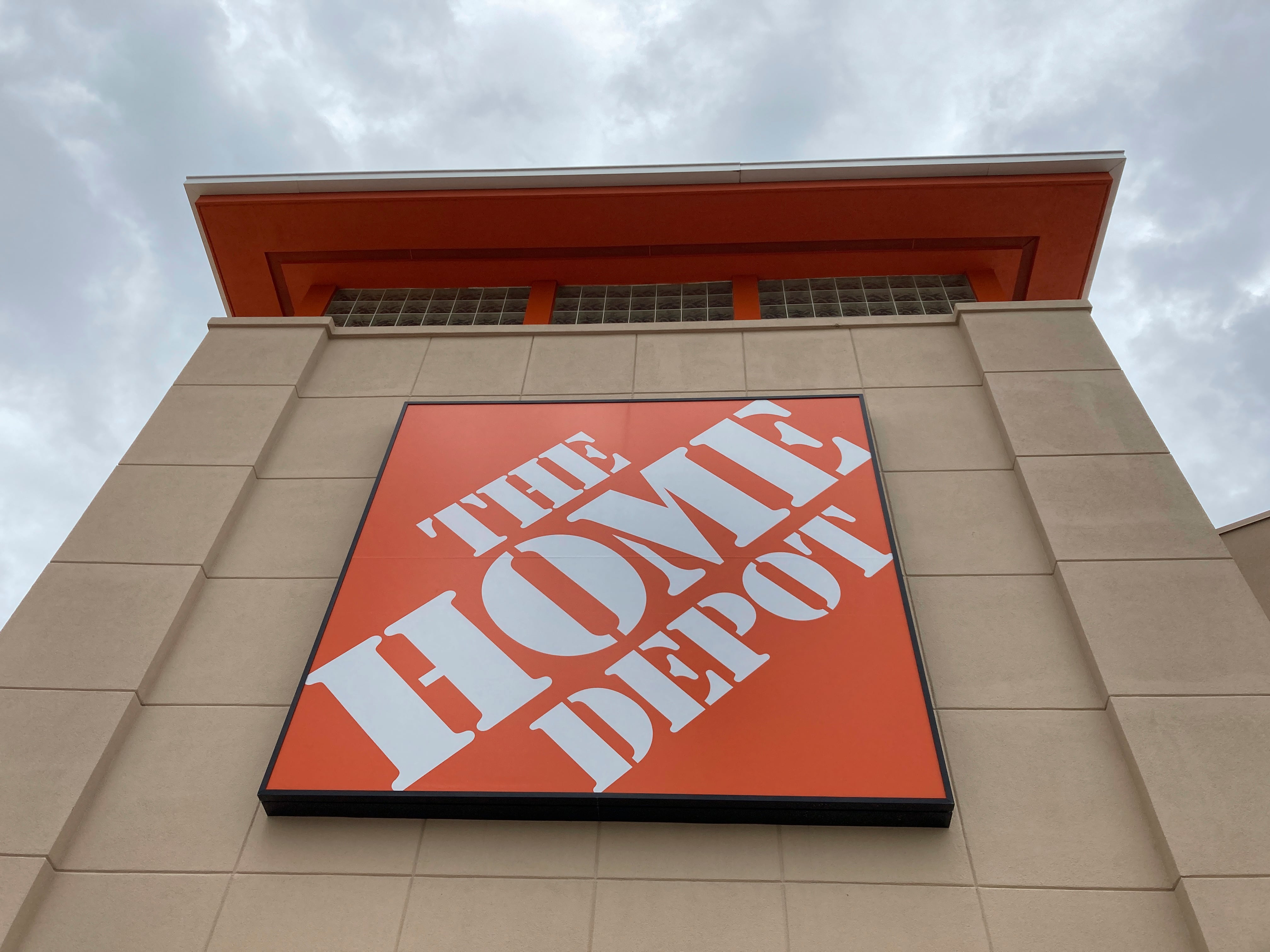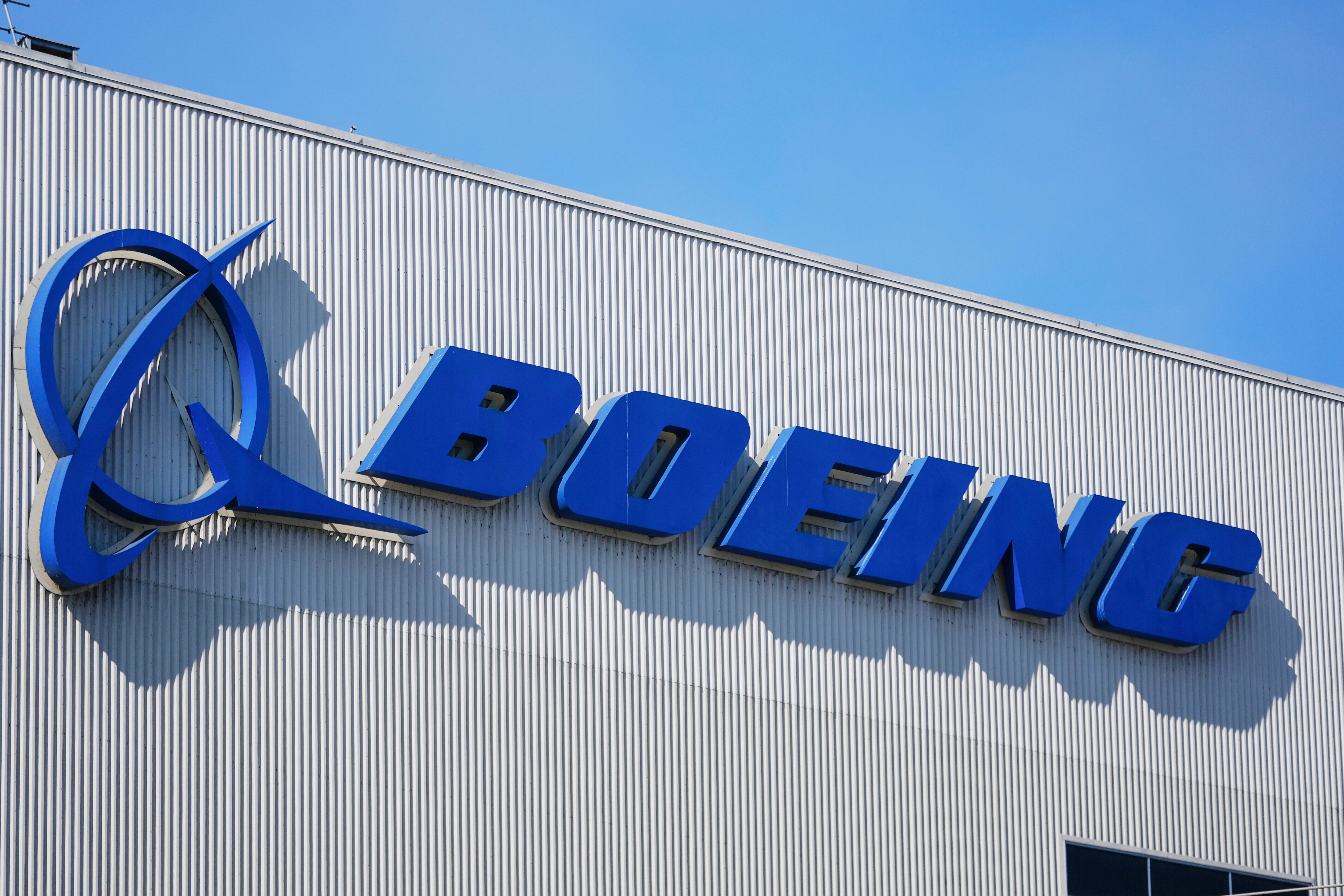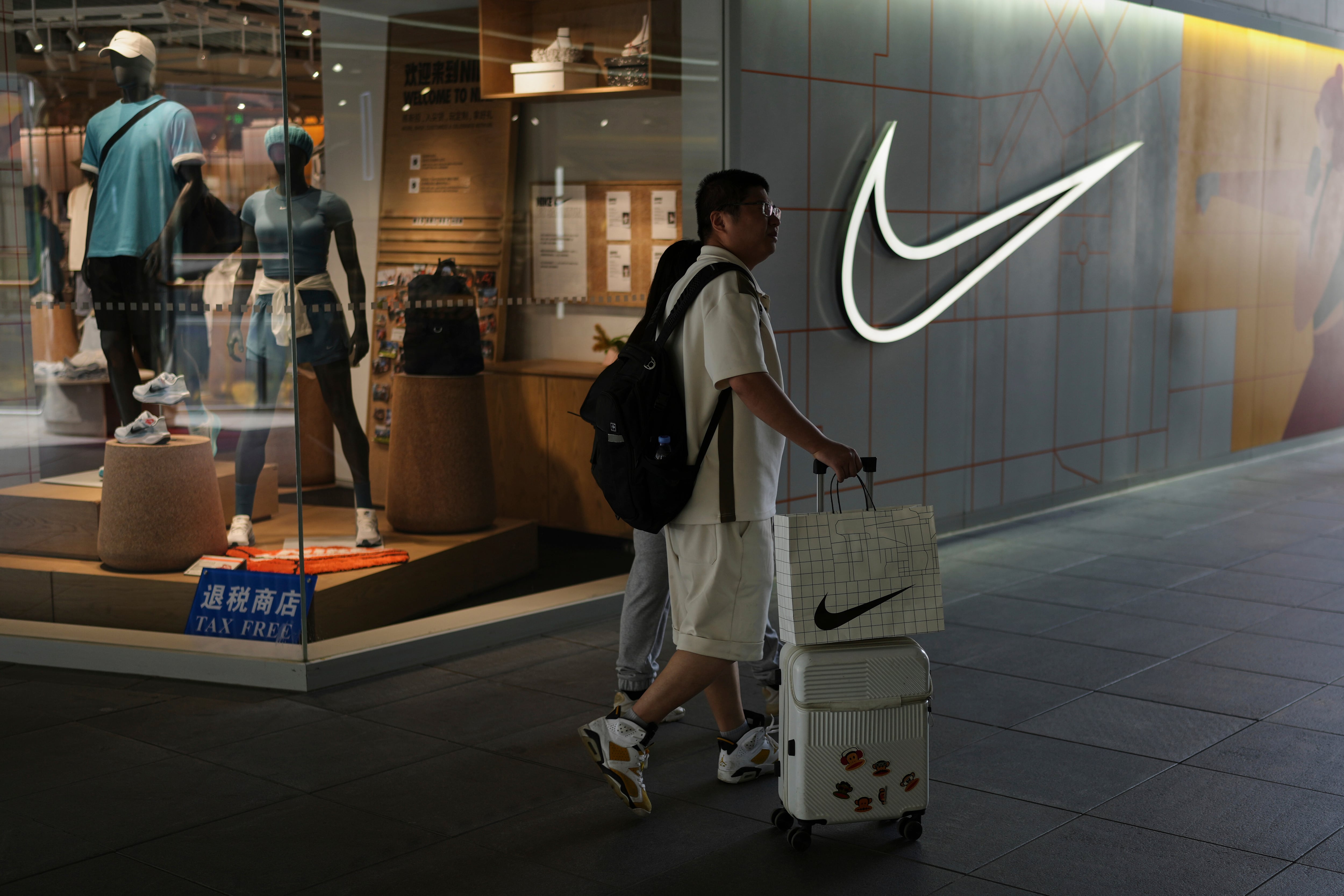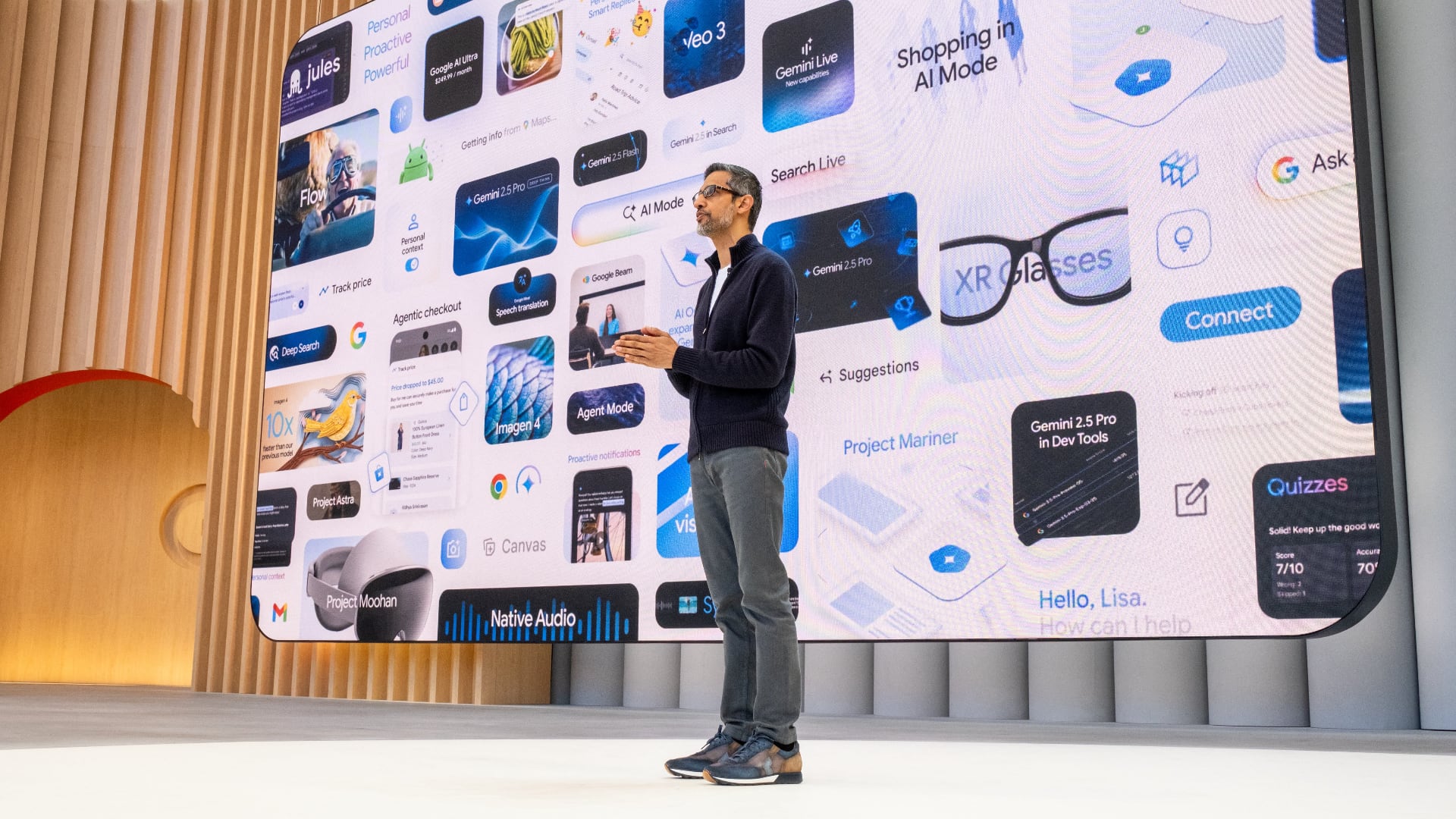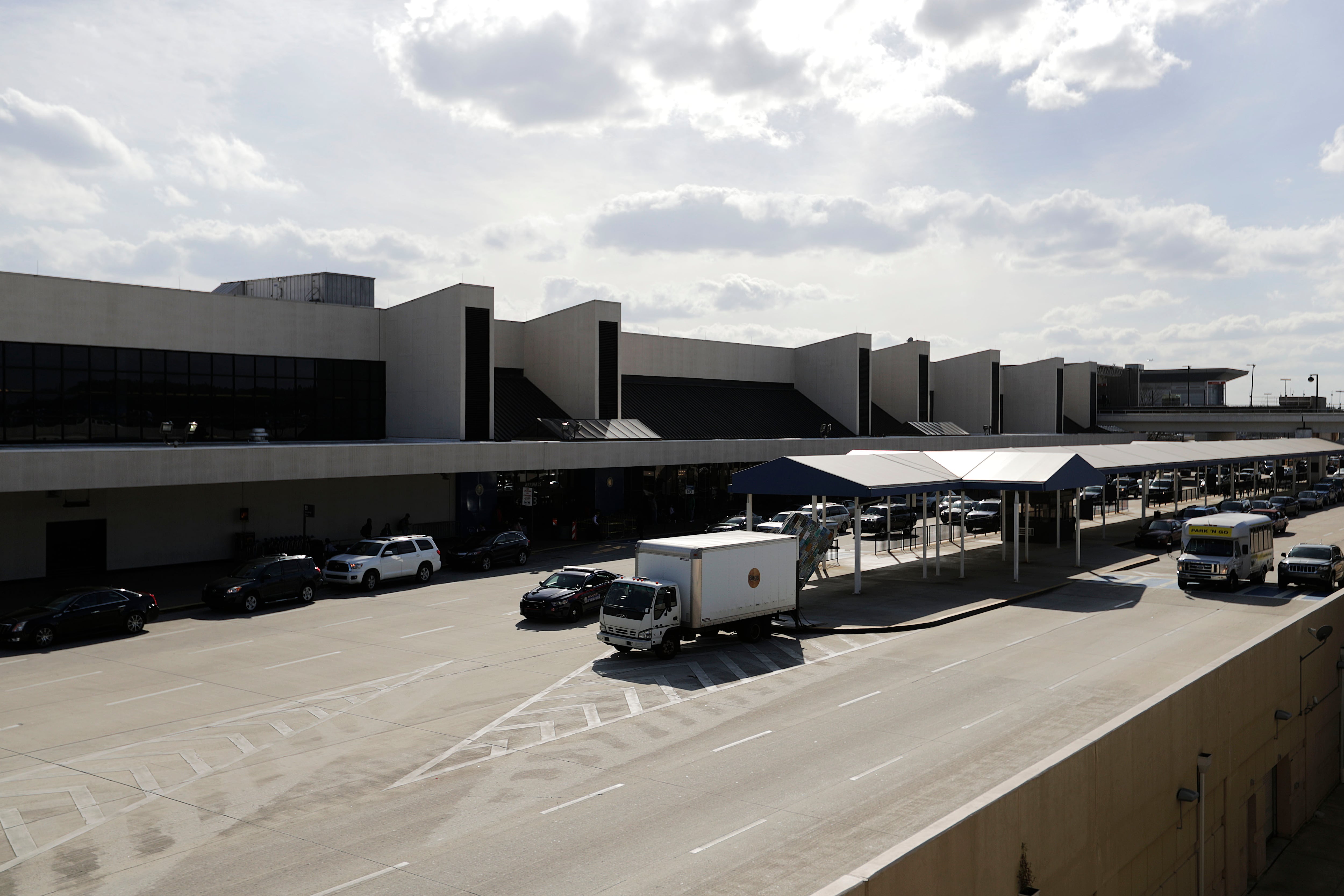Stock moved lower in morning trading on Wall Street Friday following another batch of data showing how the business shutdowns aimed at slowing the spread of the coronavirus pandemic are ravaging the economy.
The government reported that U.S. retail sales sank a record 16% in April, the second steep decline in a row as store closures kept shoppers away. The Federal Reserve also reported that industrial production plunged a record 11.2% last month. Overseas, Germany’s economy shrank in the first quarter, meaning that Europe’s largest economy is in a recession.
The selling, which briefly eased in the first hour of trading and then accelerated, erased some of the market’s gains from a day earlier. The S&P 500 was down 0.7% after briefly turning flat. It's on track for its third weekly loss in the past four weeks.
The Dow Jones Industrial Average was down 149 points, or 0.7%, to 23,474. The Nasdaq composite, which is heavily weighted with technology stocks, slid 0.70%. Small-company stocks were doing better than the rest of the market. The Russell 2000 index rose 0.4%.
Bonds yields rose. The yield on the 10-year Treasury note, a benchmark for interest rates on many consumer loans, rose to 0.63% from 0.61% late Thursday.
Technology stocks bore the brunt of the selling, with chipmakers among the biggest losers after the U.S. government moved to impose new restrictions on Chinese tech giant Huawei. The Commerce Department said Friday the restrictions, which impede Huawei's ability to use U.S. technology and software to design and manufacture its semiconductors abroad, aim to cut off the company's undermining of existing U.S. sanctions.
The U.S. government blacklisted the Chinese tech company a year ago, deeming it a national security risk. But there have been numerous loopholes that U.S. officials say the new restriction is meant to address. The news weighed on shares in several chipmakers. Lam Research and Qualcomm were down more than 6% in morning trading.
Energy stocks led the gainers as crude oil prices climbed. Benchmark U.S. crude picked up $1.26, or 4.6%, to $28.83 a barrel. Brent, the international standard, was up 38 cents to $31.51 a barrel.
Fears of a crushing recession due to the coronavirus sent the S&P 500 into a skid of more than 30% from its high in February. Hopes for a relatively quick rebound and unprecedented moves by the Federal Reserve and Congress to stem the economic pain fueled a historic rebound for stocks in April, with the S&P 500 recouping nearly all of its losses.
So far this month, however, stocks have been headed mostly lower. Investors are balancing cautious optimism of a recovery as economies around the world slowly ease the restrictions on people and businesses against worries that the moves could lead to another surge in coronavirus infections and more economic uncertainty.
Meanwhile, investors are beginning to fret about another possible flare-up in tensions between Washington and Beijing.
Major stock indexes in Asia ended mixed. Markets in Europe were also mixed following a report showing that Germany, the continent's largest economy, fell into recession in the first quarter with a 2.2% quarter-on-quarter decline. That pullback echoed economic declines in France and Italy.

